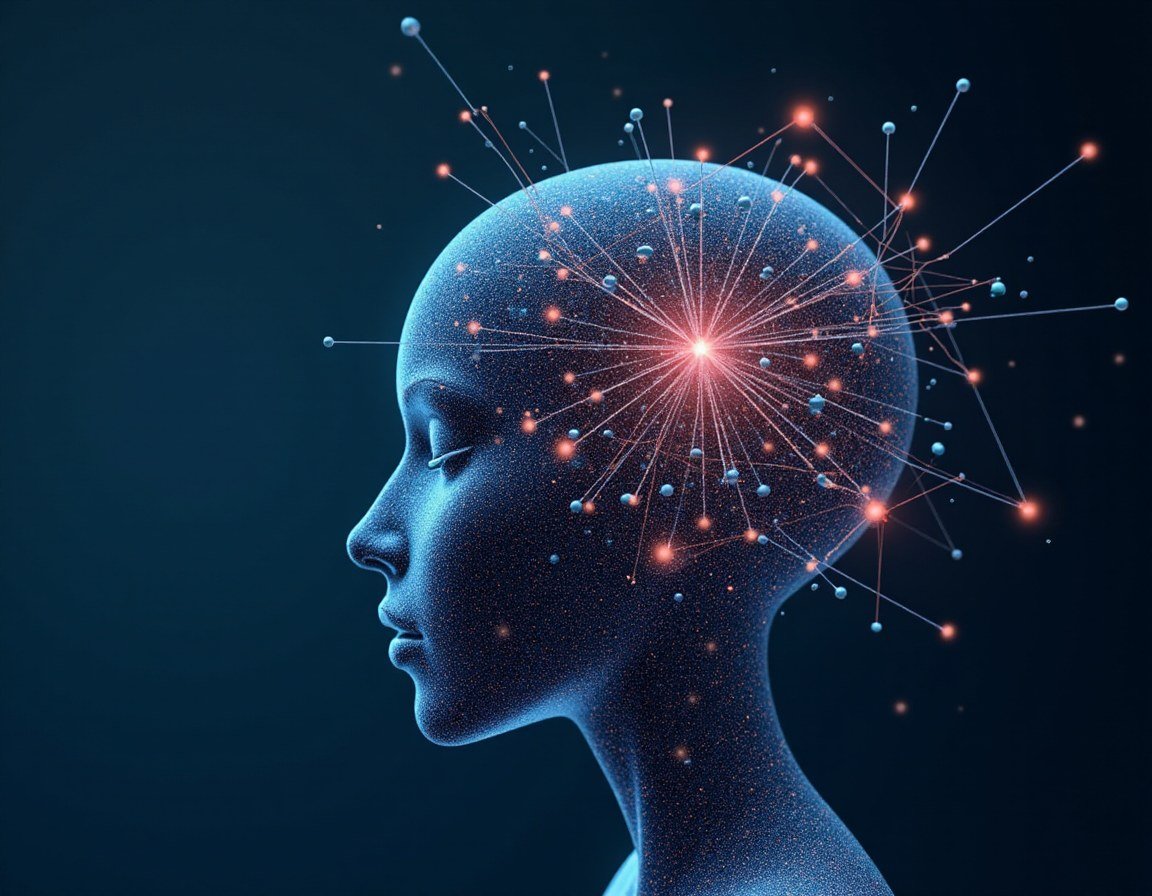The Future of Smart Living: Top 10 AI Innovations Revolutionizing Your Daily Routine in 2025 and Beyond

Imagine waking up each morning to a home that’s perfectly tailored to your needs – lights adjusting to your mood, temperatures set just right, and coffee brewing the moment you step into the kitchen. But is it possible for smart home automation systems to truly understand our desires before we even ask? As artificial intelligence continues to revolutionize everyday life, smart home automation systems are at the forefront of this transformation, seamlessly integrating AI-powered solutions into our living spaces. In this article, we’ll delve into the world of Smart Home Automation Systems: Revolutionizing US Living with AI-Powered Solutions, exploring how these innovative technologies can enhance comfort, convenience, and energy efficiency in your home. Whether you’re a tech-savvy homeowner or just curious about the possibilities, we’ll provide valuable insights and expert advice on implementing smart home automation systems that cater to your unique needs and preferences.
1. AI-Powered Climate Control
One of the most significant advancements in smart home automation systems is AI-powered climate control. These systems learn your preferences over time, adjusting the temperature and humidity levels to create the perfect environment. For instance, the Nest Learning Thermostat uses machine learning algorithms to optimize heating and cooling schedules, reducing energy consumption and lowering utility bills.
2. Intelligent Lighting Systems
Gone are the days of manually adjusting light switches. With AI-driven lighting systems, your home can automatically adjust lighting based on your activities and preferences. Philips Hue offers a range of smart bulbs that can be controlled via voice commands or smartphone apps, creating the ideal ambiance for any occasion.
3. Advanced Security Solutions
Security is a top priority for homeowners, and AI innovations have significantly enhanced home security systems. AI-powered cameras and sensors can detect unusual activities, send real-time alerts to your smartphone, and even differentiate between humans and pets. Brands like Ring and Arlo are leading the way in providing comprehensive security solutions.
4. Smart Kitchen Appliances
Imagine a kitchen where your refrigerator can suggest recipes based on its contents, or your oven can preheat itself before you start cooking. AI-powered kitchen appliances are making this a reality. Samsung’s Family Hub refrigerator, for example, features a touchscreen interface, voice recognition, and the ability to connect with other smart devices in your home.
5. Personalized Entertainment Systems
Entertainment has never been more personalized, thanks to AI. Smart TVs and streaming devices use machine learning algorithms to recommend content based on your viewing habits. Services like Netflix and Amazon Prime leverage AI to curate personalized playlists, ensuring you always have something to watch.
6. Voice-Activated Assistants
Voice-activated assistants like Amazon Alexa and Google Assistant have become integral parts of smart home automation systems. These AI-powered assistants can control various smart devices, answer questions, set reminders, and even order groceries. Their ability to understand natural language and learn from interactions makes them indispensable in modern homes.
7. Automated Cleaning Solutions
Keeping your home clean has never been easier with AI-powered cleaning solutions. Robot vacuums like the iRobot Roomba use advanced sensors and mapping technology to navigate your home, ensuring every corner is spotless. Some models even feature self-emptying bins, reducing the need for manual intervention.
8. Health and Wellness Monitoring
AI innovations are also making strides in health and wellness monitoring. Wearable devices like the Apple Watch can track your physical activity, monitor heart rate, and even detect irregularities. These devices can sync with your smart home automation systems, providing insights and recommendations to improve your overall well-being.
9. Energy Management Systems
Energy efficiency is a key concern for many homeowners, and AI-powered energy management systems are here to help. These systems analyze your energy consumption patterns and provide recommendations to reduce waste. Smart meters and solar panels integrated with AI can optimize energy usage, contributing to a more sustainable lifestyle.
10. AI-Enhanced Home Maintenance
Maintaining a home can be a daunting task, but AI is making it more manageable. Smart home automation systems can monitor the condition of various appliances and systems, predicting when maintenance is needed. For example, Whirlpool’s smart appliances can send alerts when filters need replacing or when a service is required, ensuring your home runs smoothly.
What is “Smart Home Automation Systems”?
Smart home automation systems are integrated networks of devices and technologies that use artificial intelligence to manage and control various aspects of a home, such as lighting, climate, security, and entertainment, enhancing convenience, comfort, and energy efficiency.
Benefits of Smart Home Automation Systems
The benefits of smart home automation systems are numerous, ranging from increased convenience and comfort to enhanced security and energy efficiency. Here are some key advantages:
- Convenience: Automate routine tasks and control devices remotely.
- Energy Efficiency: Optimize energy usage and reduce utility bills.
- Security: Enhance home security with AI-powered surveillance and alerts.
- Personalization: Tailor home settings to individual preferences.
- Health and Wellness: Monitor and improve health with smart devices.
How to Implement Smart Home Automation Systems
Implementing smart home automation systems can seem overwhelming, but with the right approach, it can be a seamless process. Here are some steps to get started:
- Assess Your Needs: Identify the areas of your home that would benefit most from automation.
- Research Products: Explore different smart devices and systems that meet your needs.
- Create a Plan: Develop a plan for integrating smart devices into your home.
- Start Small: Begin with a few key devices and gradually expand your system.
- Seek Professional Help: Consider hiring a professional for installation and setup.
Challenges and Considerations
While the benefits of smart home automation systems are clear, there are also challenges and considerations to keep in mind:
- Cost: Initial investment in smart devices can be high.
- Compatibility: Ensure devices are compatible with each other and your existing systems.
- Privacy: Be aware of data privacy and security concerns.
- Complexity: Some systems may require technical knowledge for setup and maintenance.
Future Trends in Smart Home Automation Systems
The future of smart home automation systems is bright, with several exciting trends on the horizon:
- Integration with AI: Deeper integration with AI for more personalized and intuitive experiences.
- Voice Control: Enhanced voice control capabilities for seamless interaction.
- Interoperability: Improved interoperability between different brands and devices.
- Sustainability: Focus on energy-efficient and eco-friendly solutions.
- Health Monitoring: Advanced health monitoring and wellness features.
Conclusion
As we move towards 2025 and beyond, smart home automation systems will continue to revolutionize our daily routines, making our lives more convenient, comfortable, and efficient. By embracing these AI-powered innovations, homeowners can create living spaces that cater to their unique needs and preferences, enhancing their overall quality of life. Whether you’re just starting your journey into smart home automation or looking to expand your existing system, the future holds endless possibilities for creating the perfect smart home.
Additional Resources
For more insights and updates on AI innovations and smart home automation systems, follow and subscribe to our website: AI Efficiency Hub and AI Innovations for Daily Life.
“`



